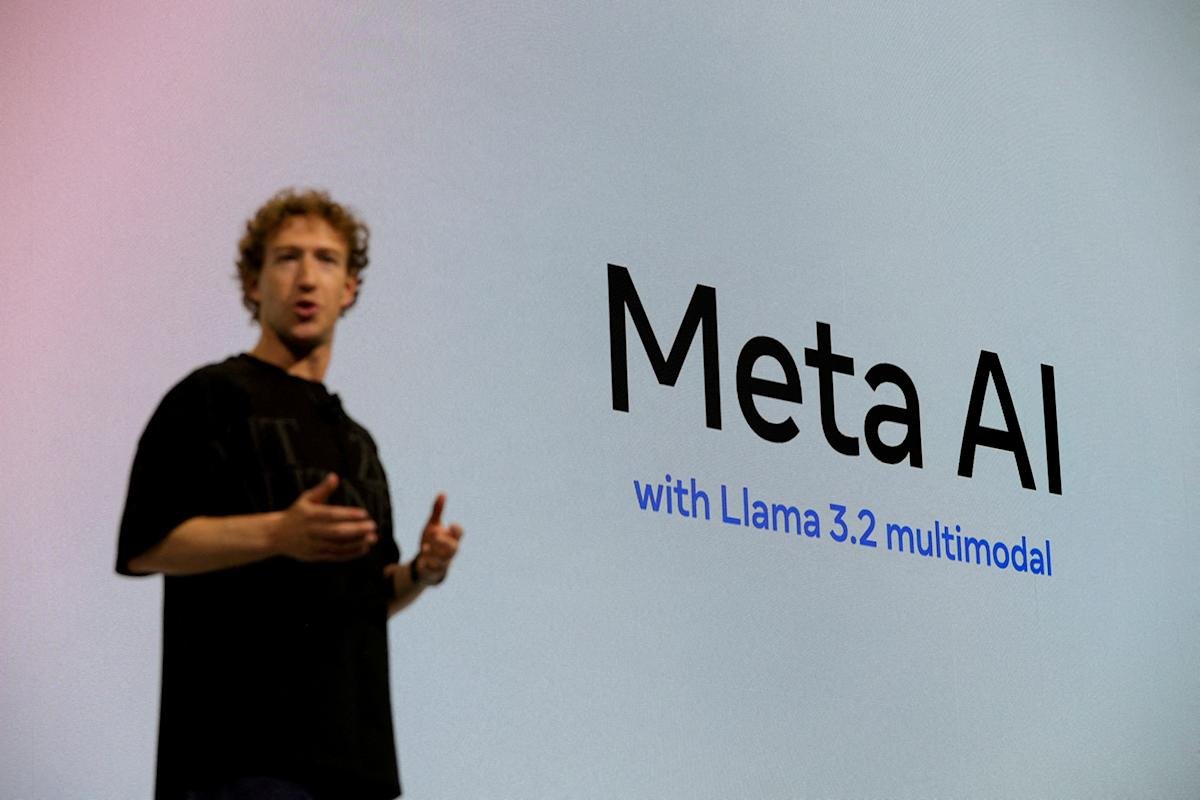This is The Takeaway from today’s Morning Brief, which you can sign up to receive in your inbox every morning along with:
With valuations so high, it didn’t take much for Wall Street to hit pause on the AI trade. What started earlier this week as negative rumblings has grown into something louder and more concerning.
After news got out that Meta had begun a restructuring of its new AI team, the Wall Street Journal reported the company froze hiring in its AI division, fresh off recruiting more than 50 AI researchers and engineers with the lure of massive job offers.
Investors might have welcomed such a halt in big spending had it been another company. After all, the compensation packages, valued at hundreds of millions of dollars across several years, looked like professional athlete money.
But Meta has trumpeted its AI expenditures as proof of its commitment and a reflection of its grand ambitions. In turn, the market applauded. Only Nvidia (NVDA), the chip company supplying the tech platforms, has performed better this year. Meta shares are up more than 25%, outmaneuvering Alphabet (GOOG, GOOGL) and Microsoft (MSFT), tickers with a more natural AI fit and a technological head start.
Now, CEO Mark Zuckerberg has reportedly turned off the spigot. No more 10-year, $252 million A-Rod-style contracts. Worse than the end of the big money contracts, though, is the reason Meta had to offer them in the first place.
A reminder that’s good news for the AI industry, but bad news for Meta.
Rather than reading Zuck’s AI reshuffling and hiring pullback as a bearish signal for the AI trade, it’s worth considering a simpler interpretation: This is another sign of Meta’s AI dysfunction.
As John Herrman, New York Magazine tech columnist, told Yahoo Finance in a live interview and wrote in a column of his own this week, Meta having to spend all that money to attract AI talent stems from a company culture increasingly perceived as hostile to its workers, lacking a clear vision, and with bumbling strategies. Idealistic researchers and motivated technologists see themselves and their style of work in other outfits, he said, whether that’s Sam Altman’s leading-edge work at OpenAI or even the cavalier ethos and ideology and the associated chaos that surrounds Elon Musk’s xAI.
Meta’s absurd offers were a way to overcome its disadvantages, perhaps, a sign of desperation rather than a show of strength.
“There is a war over talent, but it’s not a billion-dollar-a-head war,” Herrman said in the interview. “That’s Meta’s problem. That’s because they can’t recruit the same way that OpenAI can.”









